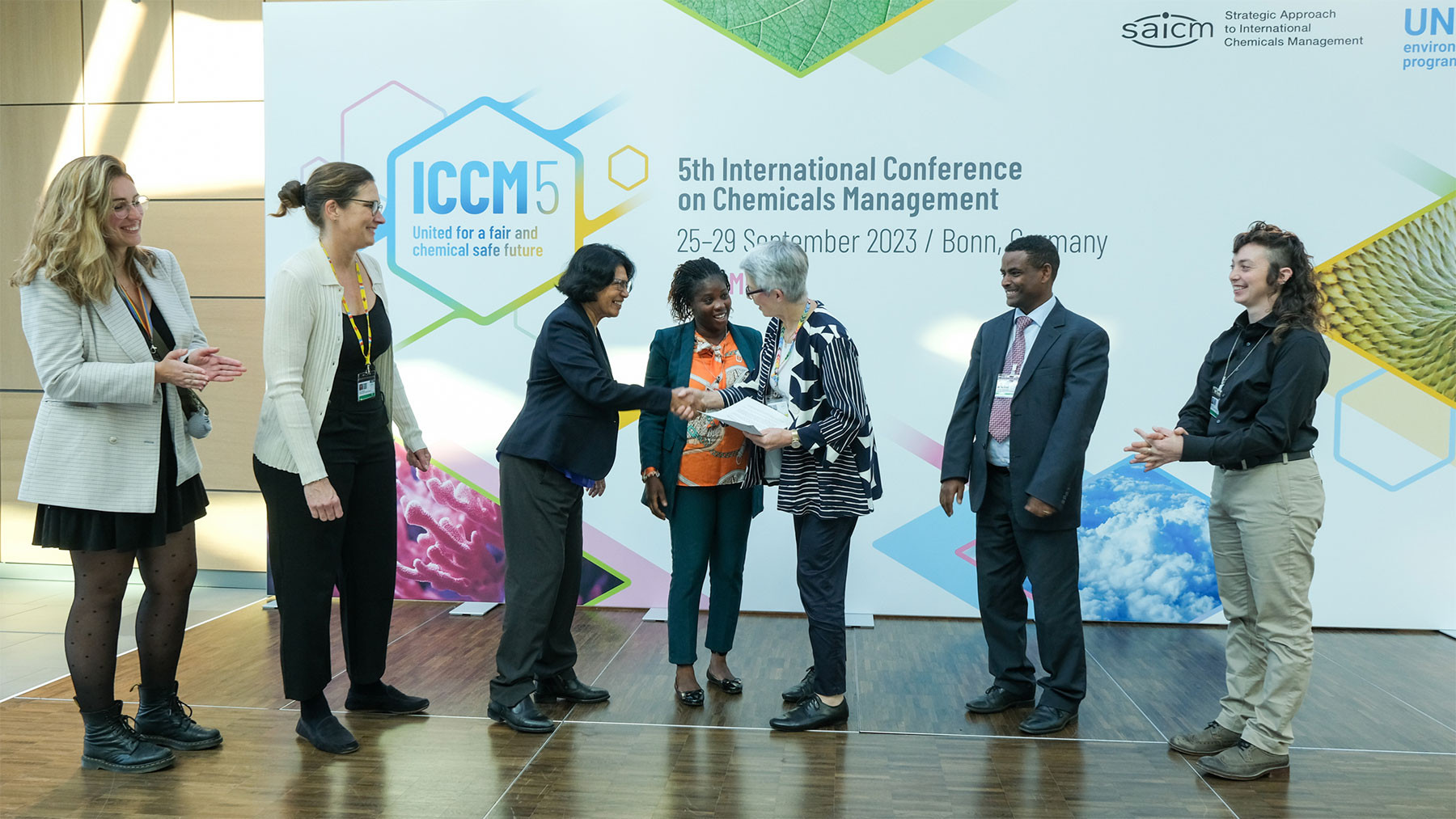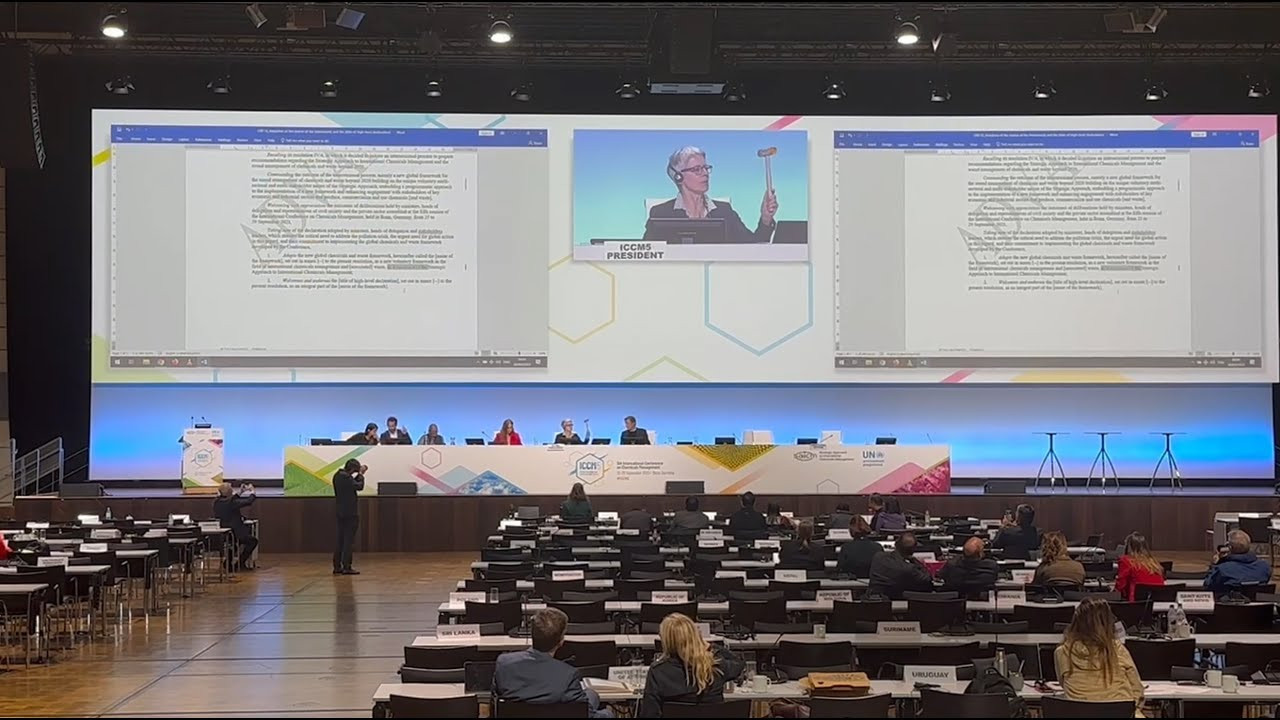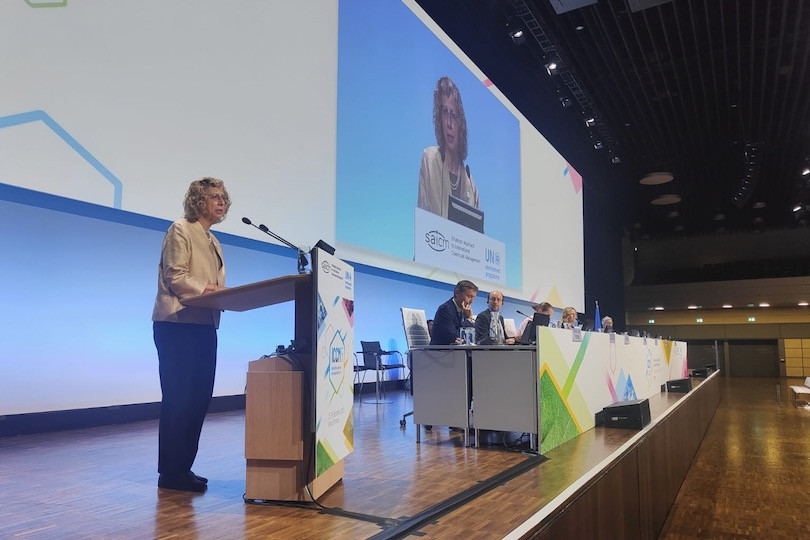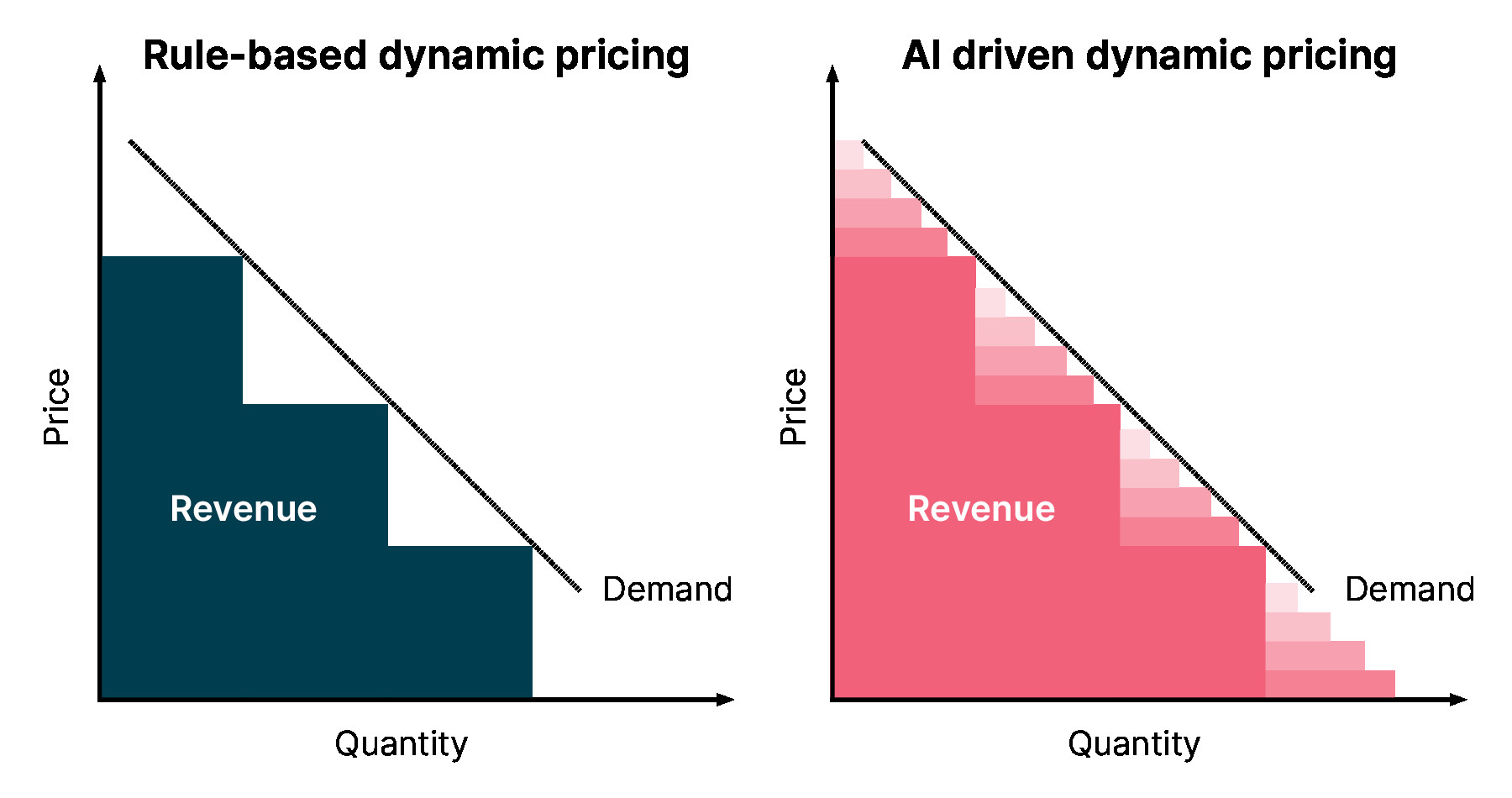The third Berlin Forum on Chemicals and Sustainability took stock of progress in implementing the 2023 Global Framework on Chemicals (GFC) and shared experiences in chemical and waste management in an effort to catalyze further action and partnerships. The need for enhanced partnerships along the entire chemicals value chain, including industry, government, and the financial sector, emerged as one of the key messages from the Forum’s discussions.
Highlighting chemicals as “one of the major and most globalized sectors of the global economy,” the Earth Negotiations Bulletin (ENB) summary report of the meeting points to the need to balance chemicals’ contribution to improved living standards against heavy use of water and energy in their manufacture and the adverse impacts on the environment and human health, which “make sound chemicals management a key crosscutting issue for sustainable development.”
“The international community first sought to address this challenge by creating the voluntary multi-sector, multistakeholder Strategic Approach to International Chemicals Management (SAICM) in 2006, governed by a periodic International Conference on Chemicals Management (ICCM),” ENB writes. In 2023, ICCM5 agreed a Global Framework on Chemicals: For a Planet Free of Harm from Chemicals and Waste – “a comprehensive and more ambitious successor to SAICM.” ‘Implementing the Global Framework on Chemicals’ was the focus of the third Berlin Forum on Chemicals and Sustainability.
The GFC: A New Framework for a Safer Future
The Forum’s thematic sessions focused on:
- Sharing experiences on the implementation of the GFC, with representatives of participating organizations of the Inter-Organization Programme for the Sound Management of Chemicals (IOMC) sharing their experiences in driving GFC implementation, “including working with stakeholders to develop implementation programmes called for by ICCM5.”
- Showcasing national initiatives to improve chemicals management, with ministerial representatives from Germany and other countries showcasing national initiatives to improve chemicals management. Examples highlighted in the ENB report include “mainstreaming the sound management of pesticides and polychlorinated biphenyls in diverse sectors, tightening regulation based on national chemicals databases, and improving training to prevent chemicals-related accidents.”
- Identifying and addressing barriers to implementation, with capacity building and finance being among the barriers identified during discussions. Participants highlighted the multi-stakeholder nature of the GFC as “critically important,” recognizing the Berlin Forum’s role in bringing together relevant stakeholders.
- Calling for action, with representatives of the host country, the GFC Secretariat, and IOMC members calling on participants to continue to build on the energy and goodwill displayed at ICCM5 and related negotiations, including on a future plastics treaty, and to “put[] all hands on deck to turn the intent of the GFC into concrete actions.”
The Hidden Costs of Chemical Pollution
There is a silent environmental crisis unfolding around us. Chemicals, such as lead and nitrogen, are in our soil, our water supply, and our household products, often going unseen but with dire results.
We have only begun to understand the true magnitude of lead poisoning, for example, its impacts on cardiovascular disease and on our children’s ability to learn. There is no safe level of lead in the human body. World Bank research shows that 5.5 million people worldwide die prematurely from cardiovascular disease related to lead exposure every year, and that on average, children under five lose nearly 6 IQ points in low- and middle- income countries. These kids are being set up to fail, losing out on a chance to lead healthy, productive lives. The cost of this loss could be over 11 percent of lifetime income for children who participate in the labor force, as each lost IQ point can reduce income by 2 percent. It’s a huge—and hidden—burden on economic development.
Lead is just one example. Sixty percent of the nitrogen in fertilizer transfers into our air and water, decimating fish stocks, creating air pollution, and contributing to climate change. Cadmium, which is found in batteries, electronics, and paint, can cause kidney failure and cancer. In most cases, it is the poor and vulnerable who are affected the most by chemical pollution. It is time to act for a planet free of harm from chemicals and waste.
Chemicals: A Double-Edged Sword
Chemicals are necessary for our development. They allow us to manufacture products such as medicines and fertilizer. They will be essential for the technologies such as solar panels and batteries that we need for a low carbon future to tackle the climate crisis. And sometimes they just make our lives easier. But the way we currently produce and use chemicals and spread waste around the world—single-use plastics, discarded electronics, obsolete pesticides, air pollution from industry, and fossil fuels—not only jeopardizes people’s health, it also destroys nature and undermines achieving the Sustainable Development Goals.
A Promising Tide of Change
However, this is not a doom and gloom situation. We have concrete examples of the world taking joint action and successfully removing harmful pollutants. Global efforts have removed lead from gasoline, the Montreal Protocol has stopped the depletion of the ozone layer.
There is new global momentum to tackle chemical pollution. One year ago, the world agreed on the Global Framework on Chemicals. It encompasses and encourages action by many sectors and stakeholders: governments, industry, nongovernmental organizations, and international organizations. This is a massive achievement, but it's only a first step. Now we must fill it with life, action, capacity, and finance.
We have seen a promising tide of change since just last year. Governments are beginning to implement the framework at the national level. A Global Framework on Chemicals Fund has been set up and begun its work, with support from Germany (20 million euros contribution) and other donors, including the chemical industry. The fund will help developing countries strengthen their capacity to sustainably manage chemicals, in a way that's tailored to their needs. International organizations are coordinating their actions and working with partners on programs to implement the framework, to ensure that economic development does not mean living in a polluted environment.
A Shared Responsibility: Governments, Industry, and Consumers Must Act
For more sustainable and sound chemical management, we must continue to work across society: the chemical industry must invest in green and sustainable chemistry to anticipate, replace, avoid, and prevent the adverse effects of large-scale chemical use. Governments must have the insights, political will, and capacity to set guardrails for the use of chemicals. And as consumers and civil society we must be smart, as not every product that appears to make our daily lives easier is also good for us. We must come together to govern the overuse and safe management of chemicals, and to make sure that communities around the world do not get pulled back into poverty due to the impacts of pollution. We have a responsibility to leave our children and grandchildren a livable and pollution-free planet.
A Call to Action
The World Bank Group and Germany are fully committed to this agenda. This week, leaders are gathering for the 3rd Berlin Forum to discuss the way forward. We call on all actors to play their part in making the Global Framework on Chemicals an effective agreement. Only together can we succeed. This is a huge task, but also an important opportunity for our generation to reverse the current trends, for a healthy planet and for safer living conditions for our children.



















